- Write by:
-
Thursday, February 22, 2024 - 22:36:44
-
229 Visit
-
Print
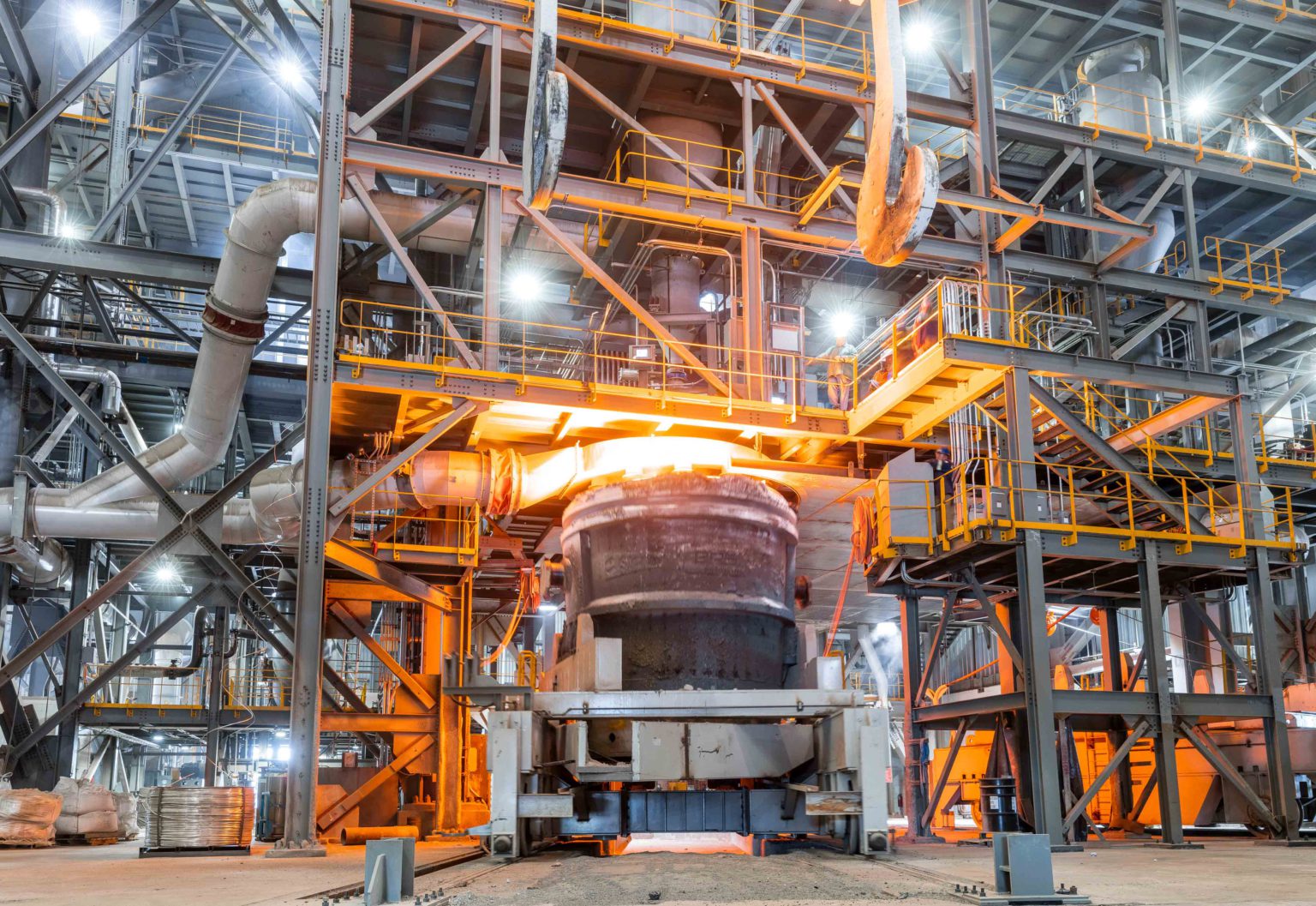
President Joe Biden’s administration is examining Nippon Steel Corp.’s connections to China, people familiar with the matter say, a potential stumbling block for the Japanese giant’s politically contentious deal to acquire American rival United States Steel Corp.
The administration sees its priority as protecting US industry and is worried about Nippon Steel’s exposure to China, the people said, speaking on condition of anonymity to discuss the thinking. Biden has maintained tariffs on Chinese goods implemented by former President Donald Trump under Section 301 of the trade law and may consider future tariffs on steel and aluminum from China, the people said.
The complication for Nippon Steel is that regulators may look unfavorably on whether its acquisition of US Steel could allow more access to US markets for Chinese-sourced steel, while the administration uses tariffs and other measures to keep steel from being dumped on the American market.
Nippon Steel’s plans to purchase US Steel, an iconic American firm based in the election battleground state of Pennsylvania, has already touched off a political firestorm in the US, where it is undergoing a review by the Committee on Foreign Investment in the United States.
It is not clear whether the China assets will be an explicit part of the CFIUS review. Still, scrutiny over Nippon Steel’s China holdings threatens to add another complication to the transaction as Biden considers tougher trade measures against Beijing.
Shares of US Steel dropped as much as 1.2% and Cleveland-Cliffs Inc., which was edged out in a bid for the company, rose as much as 2.9%, after Bloomberg reported the news. US Steel closed the day at $46.52, below the $55-a-share offer Nippon made in December.
Cliffs chief executive officer Lourenco Goncalves told Bloomberg earlier this month that his $54-a-share cash-and-stock bid for US Steel is gone and won’t be a backup if Nippon Steel’s offer that was accepted by the American steelmaker falls through.
The US Steel takeover faces opposition from organized labor and Trump — the frontrunner for the Republican presidential nomination — has threatened to block it if he wins a second term in November. The Biden administration has indicated that it wants to protect union jobs and the domestic steel sector, but has stopped short of making those conditions of an approval.
“Nippon Steel’s operations in China are very limited – representing less than 5% of our global production capacity – with only downstream business and no upstream facilities such as blast furnaces or electric arc furnaces which constitute a major portion of investments in the steel industry,” a company spokesman said in a statement. “Our operations in China – including joint ventures with Chinese partners – have no control over our operations or business decisions outside of China, including in the US.”
Nippon Steel’s website lists nine businesses that it operates in China. Those include an automotive-steel joint venture with a unit of China Baowu Steel Group Corp. — now the world’s biggest steelmaker — that dates back almost two decades.
The spokesman said that the company’s “goal is to enhance US Steel’s competitiveness in the global steel market and address the industry’s overproduction and overcapacity issues – largely driven from China.”
The White House and Treasury Department declined to comment.
China holdings
Nippon Steel has nine facilities in China among its global production base, according to its 2023 integrated report to shareholders. The company added the facilities to its asset portfolio between 2001 to 2013, a key period of unprecedented growth in Chinese steel demand.
That era has been long criticized by American steel producers as the time during which China massively overproduced the alloy and dumped excess metal in the US and the rest of the world, tanking global prices and leading to the unprofitability of many once-dominant American steel companies.
While Nippon’s total production from these facilities is quite small when compared to its global output — just 3.6 million tons of capacity per year out of a total 66 million — it presents a challenge the company may need to overcome to receive approval.
Political backlash to the loss of manufacturing jobs in steel and other sectors is a potent force in American politics, and rebuilding the sectors is a key pledge of both the Biden and Trump campaigns.
The last two decades have seen China’s rise as a global steel and economic power. In 2000, China produced 127.2 million tons compared to the US’s 101.8 million. The gap has widened, with China now producing more than 1 billion tons of steel in 2022 to 80.5 million for the US. Simultaneously, the US saw Chinese steel imports rise steadily, topping out at nearly 3 million tons in 2014.
The surge of imports weighed on domestic producers as US benchmark steel prices tumbled below $400 a ton. It caught the attention of the Obama administration, which oversaw a raft of trade cases that resulted in tariffs on imports from China and other countries.
That aggressive approach saw Chinese imports plummeting 72% by 2016. Barely a year into his presidency, Trump passed Section 232 tariffs on steel that effectively eliminated most imports from China. Chinese imports totaled just 400,000 tons in 2020.
Producers and US lawmakers, though, are now warning about Chinese steel that is shipped through neighboring countries such as Mexico.
Short Link:
https://www.miningnews.ir/En/News/628043
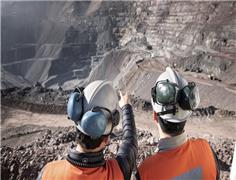
Anglo American Plc said it is has received an unsolicited non-binding combination proposal from BHP Group.

Australia’s Fortescue on Wednesday logged a larger-than-expected decline in third-quarter iron ore shipments, following ...
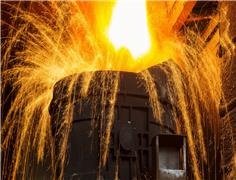
Iron ore futures prices ticked lower on Monday, weighed down by diminishing hopes of more stimulus in top consumer ...
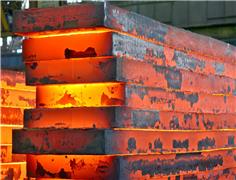
Iron ore futures prices drifted higher on Thursday as the latest soft data from top consumer China triggered renewed ...
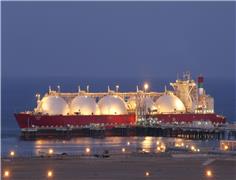
Vitol Group confirmed that it’s starting to rebuild a trading book for metals after a long stint out of the market, with ...
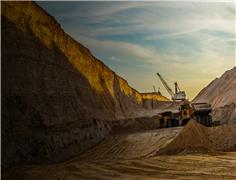
Australia’s Fortescue said on Monday it would form a joint venture with OCP Group to supply green hydrogen, ammonia and ...
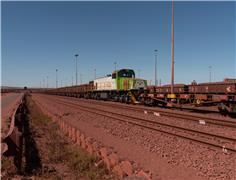
Iron ore reversed direction after dropping to its lowest level in 10 months as optimism that the country’s economic ...
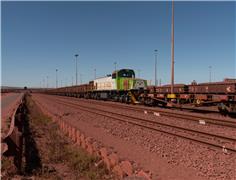
Iron ore reversed direction after dropping to its lowest level in 10 months as optimism that the country’s economic ...
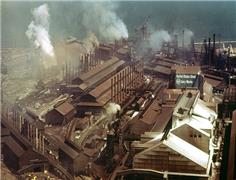
Nippon Steel intends to pursue its proposed acquisition of US Steel and wants its “deep roots” in the United States to ...
No comments have been posted yet ...